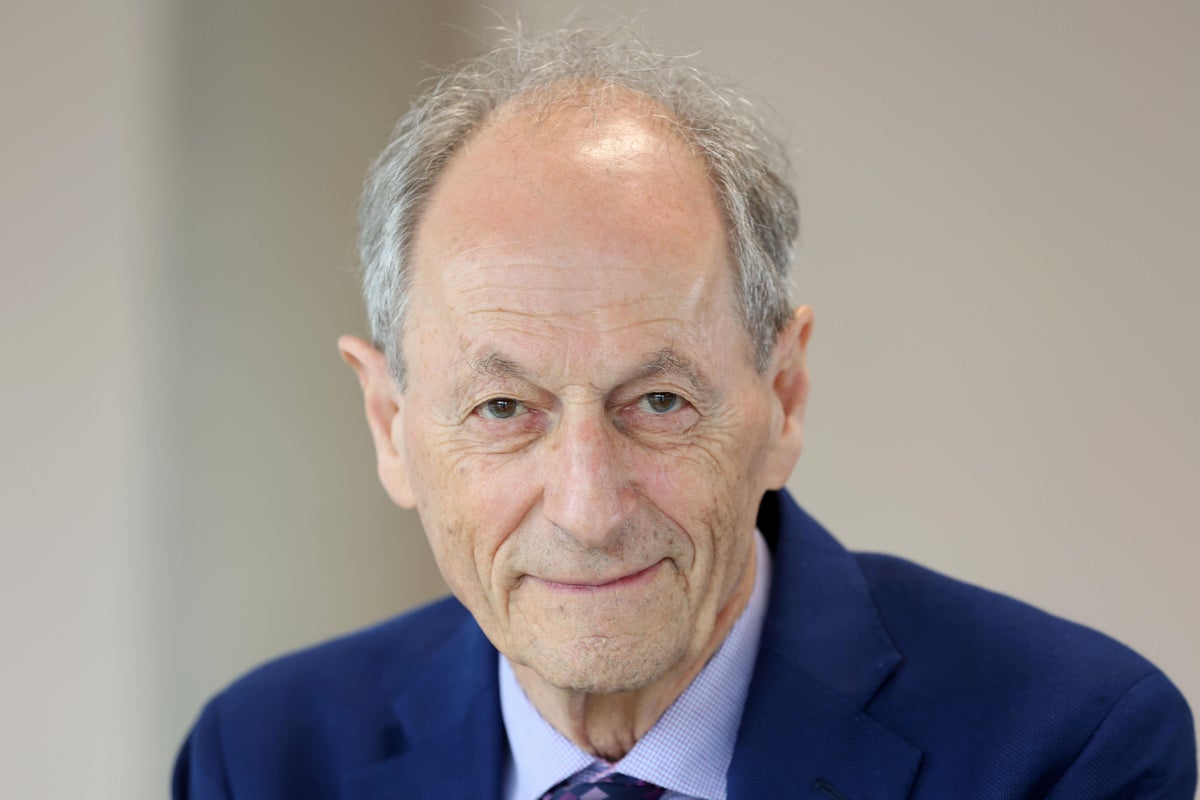
A public health expert on the New Year Honours list has warned that the UK is failing to meet the basic needs of food and shelter.
Professor Sir Michael Marmot, director of UCL’s Institute of Health Equity, who has been outspoken on how policies like austerity affect public health, has been made a Companion of Honour.
Speaking to the PA news agency, Sir Michael said he was “astonished” by the recognition, adding: “I try to get us engaged in discussions on social justice and if the award is acknowledging the importance of that, I couldn’t be more pleased.
“The idea that (what I do) should be recognised in that way is wonderful,” he said. “There are some countries where I would not be allowed to say what I say. I would not be allowed to tell the truth.”
On the current standard of living, Sir Michael warned the UK is in “serious trouble”.
He explained how he used to assume in his research that societies in countries like Britain met basic needs for citizens – like food and shelter – and that his concerns focused more on conditions that “allow people to live flourishing lives of dignity (and they have) agency”.
“Coming back to the UK in focus, thinking about where we are in 2022, the basic needs of food and shelter are not being met,” Sir Michael said.
“If part of the basic need of shelter is living in a warm home and people can’t afford to warm their homes sufficiently, (or) if people can’t afford to feed their families and have to resort to food banks, the basic needs of food and shelter can’t be met.
“We’re in serious trouble, serious trouble,” he said, although he added that the situation is “never hopeless”.
“We have the resources. We have the knowledge to know what to do. We’ve got to have the political will to do it.
“And saying that we’re going to make sure that low-paid workers are paid even less in real terms is not the way to do it.”
Fellow honouree Rosamund Adoo-Kissi-Debrah, who has been made a CBE, similarly spoke about “appalling” living conditions in the UK.
Ms Adoo-Kissi-Debrah, whose nine-year-old daughter Ella became the first person in the UK to have air pollution listed as a cause of death, has been campaigning for an “Ella’s law” to tackle air quality both indoors and outdoors.
She said: “In new year, I’m coming out full guns blazing.
“Students – they are people’s children, they go off to university and some of the houses they have been living in are (in) appalling conditions that landlord expects them to pay top dollar for.”
She also spoke about two-year-old Awaab Ishak, who died of prolonged exposure to mould in his family’s Rochdale Boroughwide Housing flat in Greater Manchester in 2020, despite his family having complained about the conditions.
She said: “When I was teaching, I knew that some children, as head of year, lived in some awful conditions. But I just never thought anyone would die from it.
She described his death as “horrific”, adding that it was “a long time coming because someone was going to (die).”
“I feel like they need to adopt Ella’s law not because of an ego, not because of my late daughter because, believe it or not, we’ve covered indoor air pollution and guess what we’ve covered in there? Mould.”







